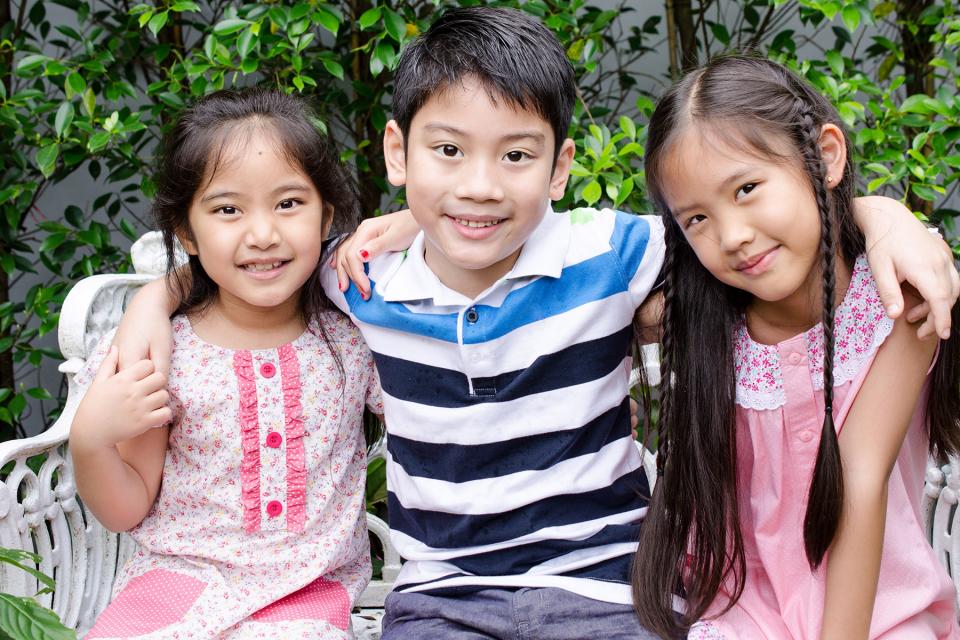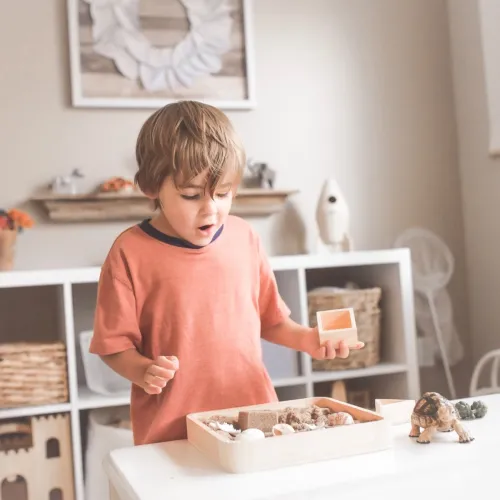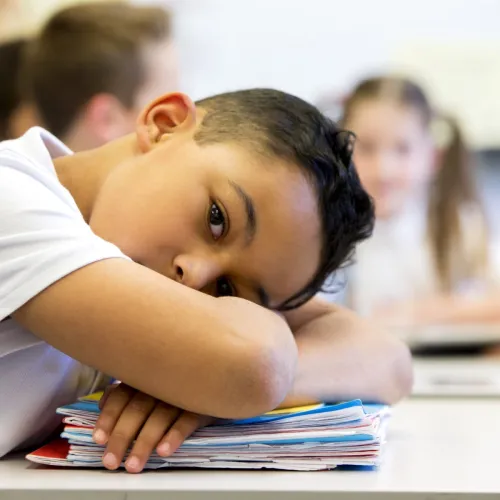3 Reasons Sibling Rivalry Can Worsen After a Divorce (And How to Prevent Them)

Sibling rivalry occurs naturally as children grow. Although it can be a stressful thing to witness as a parent, sibling rivalry can sometimes be a positive aspect of a child’s development as it allows them to work through disputes within the safety of their family unit. The skills they learn by working through disagreements with their siblings can serve them well when they encounter conflict, wherever it may occur, as adults.
But when parents are recently separated or divorced, that sibling rivalry that once seemed simple can quickly become an unruly battle that threatens the health of their relationship.
Often beginning soon after the second child is born, sibling rivalries tend to peak when brothers and sisters are between 10 and 15 years old. While many rivalries will not erupt into anything further than the occasional (or sometimes more frequent) fight, if they are allowed to cause physical or emotional damage, sibling relationships can suffer lasting harm long after childhood fights over toys have ended.
Unsurprisingly, divorce can exacerbate conflict between siblings for many reasons. Knowing what causes sibling rivalries to flare while you’re going through a divorce is the first step to preventing them from getting out of hand.
Issue: Attention
Rivalries can occur when siblings feel they have to compete for their parents’ attention. During a separation, parental energy is heavily tapped by navigating new roles and adjusting to shifting responsibilities. Parents may find it more difficult to commit the same amount of time to each child individually as they once did.
Additionally, if siblings display different reactions to a divorce, with one child perhaps being more vocal in their emotional needs than another, it can lead to an inconsistent level of parental involvement with each child.
Prevention
Divorce may leave you emotionally exhausted, but it’s crucial to still recognise and validate the toll it may take on your children as well. And remember to check in with all of your children. One may speak up more than another, but the support and love they will need is the same.
Spending time with children individually after a divorce may be more difficult to coordinate, but it’s important for each parent to interact with each child alone and for kids to feel their parents’ full attention.
If you can, work with your co-parent to come up with a plan that allows both of you to have one-on-one time with each of your children. Participating in activities unique to each child can also help show your kids that you still see them as individuals.
Issue: Blame
Children historically have the heartbreaking habit of blaming themselves for their parents’ separation. The same pattern may be observed between siblings, where one sees the trouble caused by the other as the root of parenting strife.
Prevention
In any divorce, it’s important that parents emphasise to their children that they and their siblings are not the cause of the split. How you relieve any fears your child may have depends on their personality, but making it clear from the very beginning will help prevent internal blame from taking root.
This is doubly the case if one of your children was experiencing any difficulties that caused even subtle tension or disagreements leading up to your separation. Kids will be processing many new and frustrating emotions, and placing the blame for the divorce on their sibling’s struggle may be all too easy. If you need help reinforcing this with your children, there are plenty of great books about divorce that you and your child can read together.
Issue: Stress
When a family goes through a separation, every family member must acclimate to the changing flow of everyday life. Stress and anxiety will find new ways of presenting themselves in your children, one of which may be an increase in conflict with their brothers and sisters.
Prevention
Family conflict is one way that children learn how to manage disagreements in general, so the easiest way you can help them work through sibling conflicts positively is by modelling the best behaviour with your co-parent. If they see you and your co-parent resolving conflicts with mutual respect and positivity—instead of shouting matches and low blows—you’ll be giving them the tools they need to solve disputes not only now, but also for the rest of their lives.
Sibling relationships will never be conflict-free, separated parents or no. But sibling rivalry should not be a cause of long-term damage to your children or their relationships. Instead, arguments between siblings should be constructive, helping them learn how to manage disagreements, deal with anger, and process their emotions. Preventing sibling rivalries from becoming destructive during divorce should be a primary concern for co-parents, but as long as you’re attentive to your communication and the needs of your children, helping your kids through conflict will come naturally.



